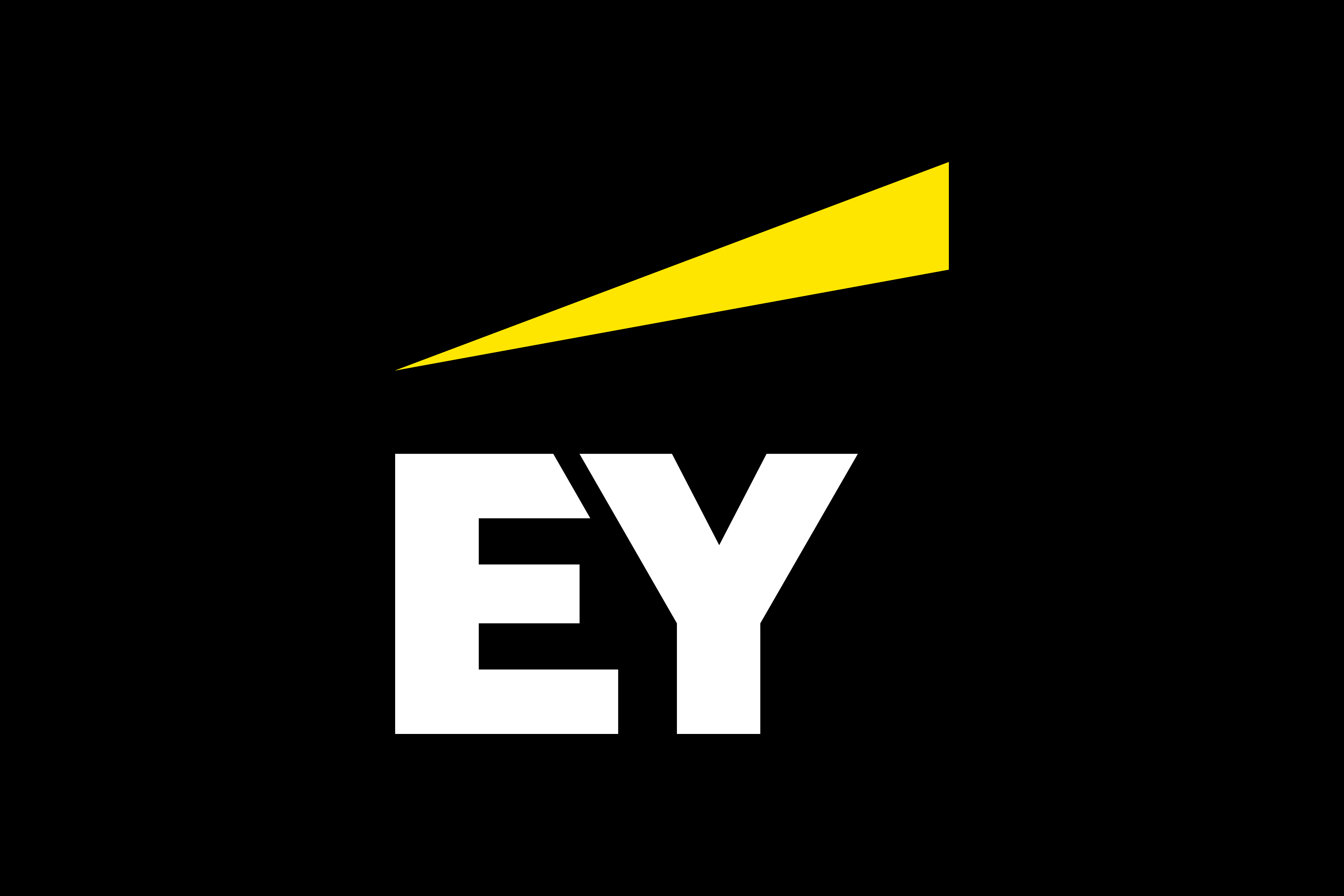EY refers to the global organization, and may refer to one or more, of the member firms of Ernst & Young Global Limited, each of which is a separate legal entity. Ernst & Young Global Limited, a UK company limited by guarantee, does not provide services to clients.
Proposed changes for knowledge migrants
The Minister of Asylum and Migration, Marjolein Faber, has proposed restrictions and additional requirements for recognised sponsors who supply knowledge migrants to other Dutch employers on a commercial basis. Measures have also been announced to prevent undesirable knowledge and technology transfer.
Background
Dutch firms can employ knowledge migrants only if there are registered with the Immigration and Naturalisation Service (IND) as a recognised sponsor. Companies that are not registered as such can hire knowledge migrants through recognised employment agencies or payrolling organisations. The knowledge migrant then remains employed and on the payroll of the agency or payroller that is the recognised sponsor.
Restrictions on recognised sponsors
In a letter to Parliament dated 8 November 2024, the Minister proposed that employment/payrolling agencies could no longer supply knowledge migrants on a commercial basis unless:
- The hiring company has submitted an application to become a recognised sponsor and urgently needs a knowledge migrant, for example, in the event of a business merger or takeover.
- The business is a start-up or scale-up that does not meet all the criteria to become a recognised sponsor.
These instances will be assessed on a case-by-case basis and could result in a non-extendable residence permit for no more than two years. As an alternative agencies can continue to second knowledge migrants with residence permits of up to one year. The Minister’s preference is for the first option.
In addition, the employment agencies must:
- Provide details of the non-recognised company to which the knowledge migrant will be supplied when applying for a residence permit
- Meet a notification requirement in the event that contact with the employee is lost
- Inform foreign employees of their rights and keep evidence that this has been done
Prevent undesirable knowledge and technology transfer
The Ministry of Economic Affairs is investigating measures to prevent abuse of the knowledge migrant scheme for the purpose of stealing technological know how. A pilot aimed at assessing recognised sponsors in sensitive technologies began in the summer of 2024. The results are expected at the end of this year.
Impact on employers
These changes will affect recognised sponsors and companies hiring knowledge migrants commercially, as well as those engaging these employees through employment agencies. Companies could consider becoming a recognised sponsor to limit the impact. EU Blue Cards may be another alternative, although the Netherlands could in the future introduce a limit on the number of non-EU citizens who can obtain an EU Blue Card.
Important steps
EY will continue to monitor these developments. Please contact one of our immigration professionals if you have any questions.
